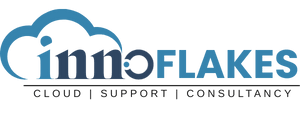Database Support System
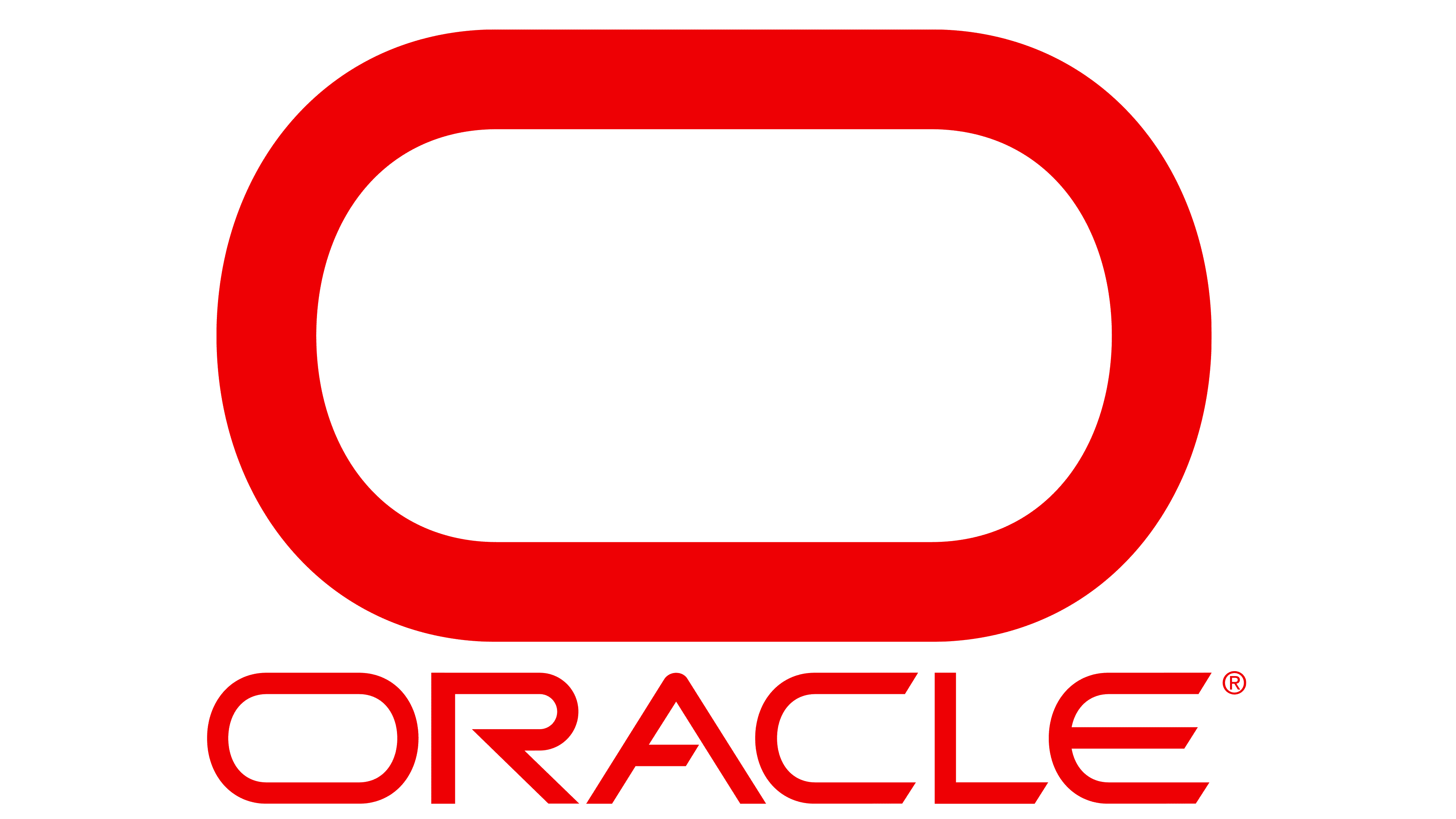
Oracle
SQL is the backbone of modern database management, enabling users to interact with relational databases efficiently. It allows you to query, manipulate, and manage data using simple yet powerful commands. SQL is widely used for data retrieval, insertion, updating, and deletion across platforms like MySQL, Microsoft SQL Server, and Oracle Database. Its ability to define schemas, create tables, and maintain relationships between datasets makes it an essential tool for managing structured data. SQL is easy to learn yet versatile enough to handle complex queries, ensuring businesses can access insights quickly and effectively.
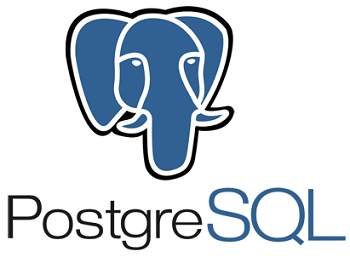
PostgreSQL
PostgreSQL, often referred to as Postgres, is an advanced open-source relational database system known for its robustness and scalability. It supports both SQL for structured data and JSON for unstructured data, making it highly versatile. PostgreSQL is widely praised for its extensibility, offering features like custom functions, data types, and full-text search. Its strong focus on standards compliance, combined with advanced capabilities such as multi-version concurrency control (MVCC) and support for complex queries, makes it ideal for businesses requiring high performance and reliability.

Big Data
Big Data refers to large and complex datasets that traditional database systems struggle to process efficiently. It encompasses structured, semi-structured, and unstructured data generated at high velocity and in massive volumes. Technologies like Hadoop, Spark, and NoSQL databases are integral to processing Big Data, enabling businesses to analyze patterns and derive insights from vast amounts of information. From customer behavior analytics to predictive modeling, Big Data helps organizations make data-driven decisions, optimize operations, and innovate in a rapidly evolving digital landscape.
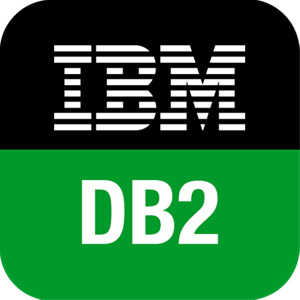
DB2
DB2 is IBM's flagship relational database system designed for enterprise-grade applications. Renowned for its reliability and scalability, DB2 supports both structured and unstructured data, making it suitable for modern data-driven environments. With features like advanced analytics, AI integration, and in-memory capabilities, DB2 ensures high performance and efficient resource utilization. Its cross-platform compatibility allows organizations to deploy DB2 on-premises, in the cloud, or in hybrid environments, making it a trusted solution for mission-critical workloads.
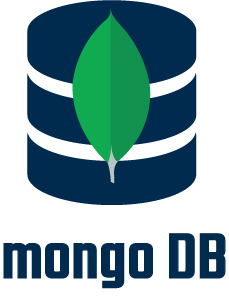
MongoDB
MongoDB is a leading NoSQL database known for its flexibility and scalability. Unlike traditional relational databases, MongoDB stores data in a document-oriented format using JSON-like documents. This schema-less approach enables developers to handle unstructured data more effectively and scale applications horizontally with ease. MongoDB is highly popular in modern applications, such as e-commerce platforms, IoT systems, and real-time analytics, due to its ability to manage diverse and rapidly evolving datasets.
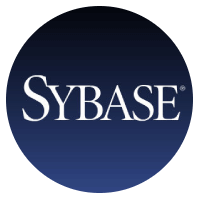
Sybase
Sybase, now owned by SAP, is a high-performance relational database management system designed for handling transactional workloads and analytics. Known for its strong focus on enterprise applications, Sybase offers robust support for mobile and embedded systems. Its Adaptive Server Enterprise (ASE) technology ensures low-latency transactions and high availability, making it ideal for industries requiring real-time data processing. Sybase also integrates seamlessly with SAP applications, enabling businesses to manage and analyze their data more effectively.
Reach Us
Ready to Optimize Your Database Performance?
Why Wait? Consult Now!
- Get a free consultation with our DBA experts.
- Learn how we can enhance your database performance and security.
- Discover cost-effective, customized solutions for your business.

Let Innoflakes empower your data and transform your operations!
Contact Innoflakes today for expert Remote DBA services tailored to your business needs. Our team is here to provide reliable solutions, 24/7 support, and seamless cloud integration.

